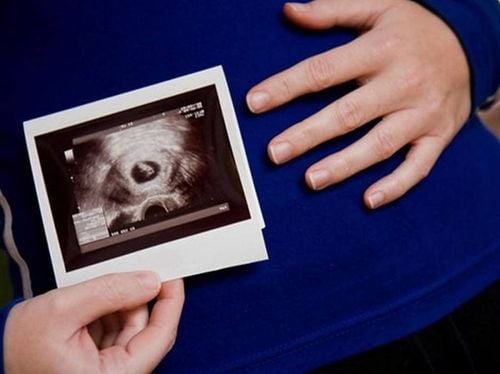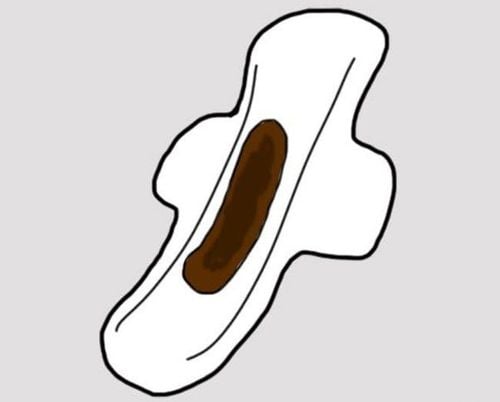This is an automatically translated article.
Ask
Hello doctor! I am 29 years old, my husband is 39 years old, and my son is 3 months old. I have not had my period again after giving birth. I want to inject birth control, but I have had sex twice before, can I inject it without using any contraception? And if I want to be sterilized, will it affect my married life? I look forward to receiving medical advice. Thank you doctor.
T.T.T.K
Reply
Hello!
Female sterilization is a method of blocking the fallopian tubes to prevent sperm and egg from meeting.
Conditions for sterilization are that the pregnant woman must satisfy the following requirements:
Over 30 years old. Having at least 2 healthy children 2nd child over 3 years of age Sterilization during cesarean section for women who have the desired number of healthy children is superior to other methods of contraception. because :
Is a permanent contraceptive, safe, highly effective, simple and cheap. Women do not have to monitor IUD position periodically as for IUDs. There is no high cost for IUDs such as Implanon, IUD mirena. Not affected by subjective factors such as forgetting to take birth control pills or using condoms incorrectly. According to a multicenter review of sterilization in the United States (Collaborative Review of Sterilization: CREST) results No significant change in menstrual cycle occurred after sterilization.
Many couples are concerned about the effect of sterilization on reducing "sexual desire." According to research by the author Costello et al., more than 80% of women have no change in sexual desire or desire. Sexual pleasure after tubal ligation In particular, among women who have observed a change the majority report a positive sexual effect
However, it should be noted that sterilization does not protect against sexually transmitted diseases. sexually transmitted, and needs to be combined with another reasonable method of contraception
Post-sterilization regret is the most common and long-lasting feature of sterilization, with reported rates ranging from 0 ,9-26% in female sterilization The most likely to regret later are women who were sterilized at a young age (<30 years of age) Other risk factors for regret include: pre-pregnancy, marital status, and children's health
The CREST study was conducted on a large scale but found no other long-term health complications after sterilization Female sterilization did not show an increase in incidence incidence of breast cancer , endometrial cancer , or reduced bone density
Other highly effective methods of contraception:
In addition to sterilization there are other methods that meet the requirements: Long-term and highly effective contraceptive method equivalent to sterilization:
Implanon: Very effective in preventing pregnancy, the implanon implant currently circulating in Vietnam has a term of 3 years. IUD insertion: This is a simple, inexpensive, highly effective method with a term of up to 10 years, so the IUD should be thought of as a "recoverable sterilization" method. Thank you for submitting your question to Vinmec Health System. Best regards!
Master, Doctor Le Nhat Nguyen - Doctor of Obstetrics and Gynecology - Department of Obstetrics and Gynecology - Vinmec Danang International Hospital














